
How alternative protein companies can work with the U.S. National Laboratories
Join us to learn ways alternative protein companies can work with the U.S. National Laboratories.

Join us to learn ways alternative protein companies can work with the U.S. National Laboratories.
Join Bruce Friedrich and our Alt Protein Project leaders from NC State, Duke University, and Virginia Tech at the Alternative Protein Symposium: Bridging Science and Society.
Come learn how science, policy, and industry can work together to satisfy the world’s soaring demand for meat, no animals required.

GFI joins Giving Green to discuss how strategic philanthropy can help address biodiversity loss.
Join GFI and the Plant Based Foods Association (PBFA) at the SPINS booth at Expo West.
Meat: How the Next Agricultural Revolution Will Transform Humanity's Favorite Food—and Our Future - with Nicolás Rivero.

GFI is bringing protein diversification to SXSW.

If the future of meat is plant-based and cultivated, then fermentation is the stock that quietly adds a depth of flavour—holding the secret to the success of alternative proteins.
From plate to planet: How our food choices shape the world.

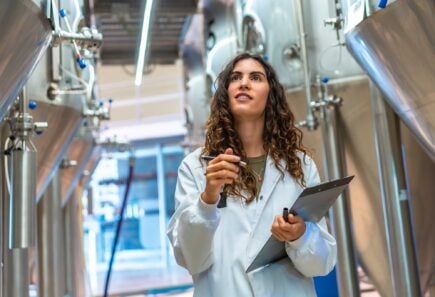
Learn how alternative protein companies can leverage U.S. National Laboratory expertise and infrastructure to accelerate R&D and de-risk commercialization.

GFI India has released an analysis of India’s smart protein talent landscape, revealing a mismatch between the country’s educational output and the industry’s current and future workforce needs.
California’s agricultural future is circular—and alternative proteins are at the center of it.

Applications to join the Alt Protein Project are now live! Attend our information session to discover how you can play a pivotal role in bringing the alternative protein movement to your university.

Applications to join the Alt Protein Project are now live! Attend our information session to discover how you can play a pivotal role in bringing the alternative protein movement to your university.
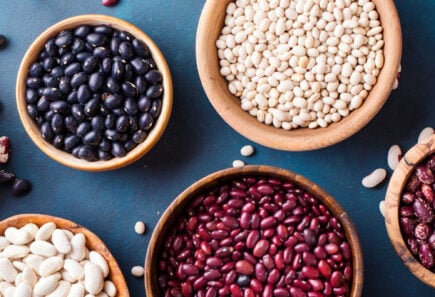
Learn how advances in dry bean breeding and genetics can support both agricultural performance and food quality outcomes.
For the second year in a row, GFI is teaming up with the Environmental Film Festival in the Nation’s Capital—this time for their exclusive 2026 Preview Event!
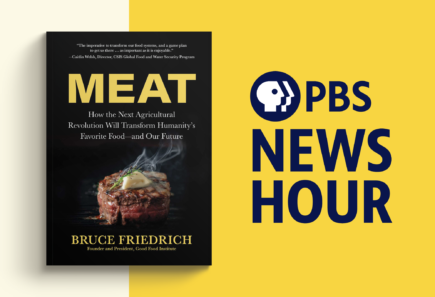
In his new book “Meat,” GFI's founder Bruce Friedrich argues that the way we produce meat is unsustainable — for the climate, the planet and public health — and that the solution isn’t eating less of it, but making it differently.
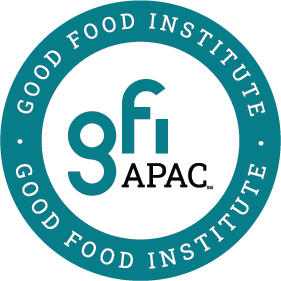
The Good Food Institute APAC is hiring a SciTech Manager to serve as its regional scientific lead on alternative proteins, providing strategic insight into R&D, regulatory trends, and emerging technologies across plant-based, fermentation, and cultivated protein systems.
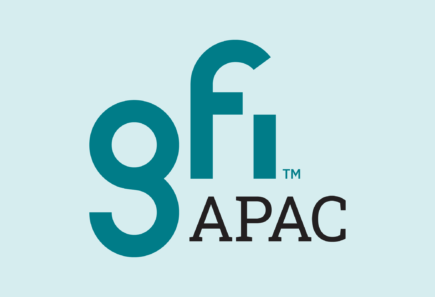
A mere 12 months ago, our experts published a look ahead at 2025 and outlined five reasons to be hopeful about APAC’s alternative protein sector, based on changes we expected to see over the course of the year.

Alternative proteins could add €111 billion a year to the EU’s economy by 2040 if treated as a strategic priority, new research shows.

Join GFI and FFAR to learn about this new funding opportunity!

From modular systems to shared infrastructure, the future of bioprocessing is getting real. Join GFI’s Amanda Hildebrand at Future Food-Tech San Francisco as she moderates a dynamic breakout session on scaling alt protein biomanufacturing.
GFI is heading to Chicago! Join Bruce Friedrich, Patrick McAuley, and leading voices across science, policy, and industry for a solutions-focused summit on the future of food.

In an LTE addressed to the LA Times, GFI's Matt Hotze explains how alternative proteins can alleviate water shortages in the Colorado River Basin.
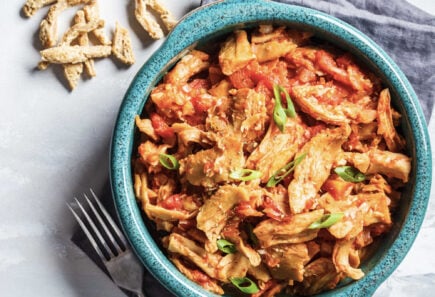
Join GFI’s Associate Director of Market Research, Jody Kirchner, as she unpacks GFI’s latest research into consumers’ health beliefs, priorities, and behaviors, and what this means for the future of plant-based meat.
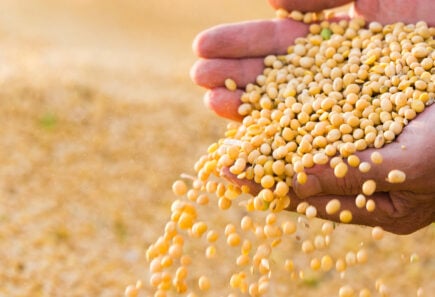
These Minnesota state grants, loan programs, and tax credits are likely relevant to the alternative protein industry. Companies should assess their own eligibility for programs of interest.

GFI's Daniel Gertner offered his expertise in this Crain's Chicago Business piece on the alternative protein boom in Illinois.

Explore alternative protein careers, training, and education to grow the future food workforce.

UNEP’s GEO-7, the most comprehensive scientific environmental assessment ever conducted, highlights the importance of alternative proteins.
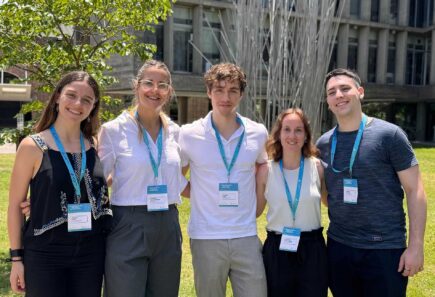
The UNSAM Alt Protein Project has emerged as a leading convener for alternative proteins in Argentina.

Simon Bakke works across GFI's teams to support fundraising efforts, engage donors, and enhance GFI's global stewardship strategy. Areas of expertise: Nonprofit development, multimedia communications, content creation, project management